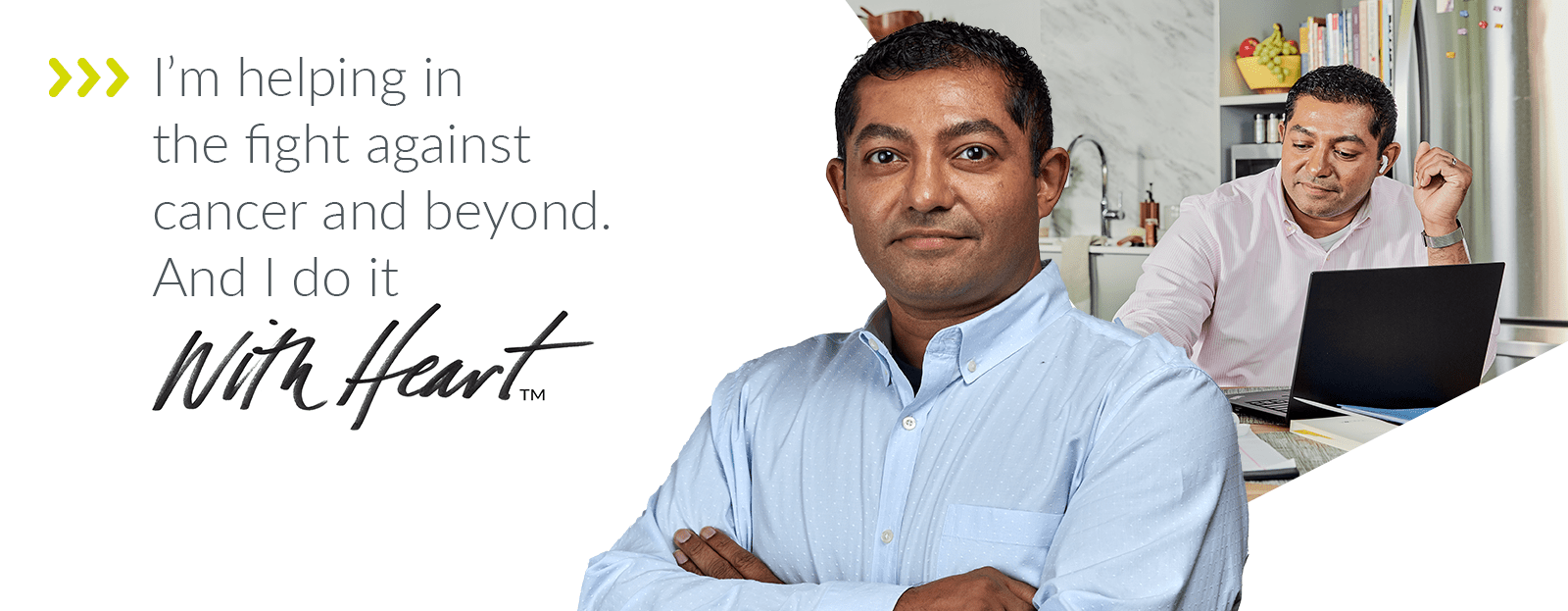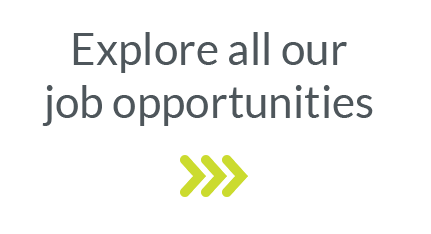Meet Mwango Kashoki: Vice President, Regulatory Affairs, Parexel Regulatory Consulting Services
"There's a lot of support for individuals to engage in professional development, such as attending or speaking at professional meetings, authoring articles, or taking a training course. Professional development helps us keep abreast of advances in science and industry, which helps us be effective consultants to our customers."
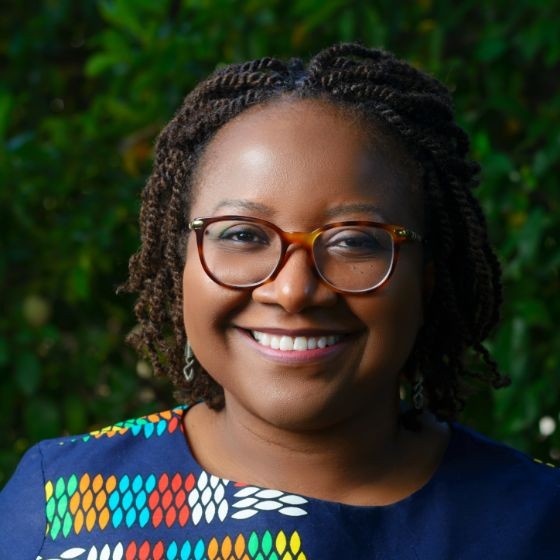
Mwango joined us from the FDA, where she worked as an Associate Director for Safety within CDER’s Office of New Drugs. We asked her what drew her to Parexel and some of the highlights of when she joined Parexel as a Vice President, Technical!
- Could you tell us a little about your career to date?
I studied Molecular Biology at college and I’m also a trained Physician. I joined Parexel at the start of 2019, after 16 years with the FDA’s Center for Drug Evaluation and Research. My first role with the FDA was Medical Officer/Primary Reviewer and then moved into clinical team leadership. My last role was Associate Director for Safety within the Office of New Drugs. This was very much focused on the post-market safety of new drugs, so I was working closely with industry and learned a lot about broader drug development. This role, however, sparked my interest in learning what happens before the FDA gets involved. Something that ultimately led me here to Parexel! - What do you do as the VP on our Regulatory Consulting team?
We basically advise customers on how to get their drugs to market and keep them there, from a regulatory perspective. In some ways we’re a mirror image of the FDA. Our framework’s not dissimilar, but we’re involved in every stage of drug development, helping clients create safe, efficacious products that will satisfy the regulators and help patients. The exact work varies from client to client. For example, a large multinational pharmaceutical company might want specific advice on why a trial has stalled, while a small biotech might need end-to-end support as they lack regulatory expertise in-house. That’s what makes life so interesting here! - What does the VP Tech role look like?
Well, I have my portfolio of clients and work for companies of all sizes. Thanks to my general medicine background, I cover a wide range of therapeutic areas, which was a real attraction. Most of what I contribute is advisory or strategic. There are great technical people here, such as medical writers and subject matter experts who support me in the execution side and provide incredible insights and ideas. VP Techs might be called in at any stage of the development life cycle. Clients seek our regulatory advice on a wide range of matters. For example, how to design trials, develop a manufacturing process, structure a submission, create a marketing campaign, etc. That’s one of the key differences from my work at the FDA. Here we get to influence developments from the earliest stages, sometimes profoundly, while of course sharing the regulators’ vital goals. Aside from consultancy, VP Techs also have varying project and team leadership responsibilities, depending on the assignment. Reaching milestones is down to us. - What would you say are the main challenges?
Every client has its own processes, every assignment its own issues, so you must be agile and able to take new ideas on board quickly that may challenge your previous thinking. I particularly enjoy advising clients who have an especially innovative product or prospective trial design. I’m broadening my technical horizons and I have to think very deeply about how we present and justify these innovations to regulators. This can really stretch you, which, as a self-confessed ‘geek’, I love! Aside from the technical, we’re a people business. You must build relationships and trust with your clients. You’re dealing with different personalities all the time, and sometimes challenging ideas they’re personally invested in. So, as a VP Tech, you need to be a diplomat, while still focusing on the science and regulatory outcomes. - And, what are some typical issues you might deal with?
They vary, but often we’re supporting strategic decisions that will determine if a company’s investment can come to fruition. For example, a client might be planning to manufacture a generic drug. We’ll look at the full scenario through the regulatory lens. Chemistry. Production. Safety. Efficacy. In fact, everything that will go into the regulatory submission and shape how they’ll proceed. This will normally mean working with clients at VP/C-Suite level and helping them understand the technical/scientific considerations and what they mean for their business. Other times we might be troubleshooting. Maybe tackling a drug development issue and/or giving them perspectives outside of their repertoire to get them back on track. What’s especially rewarding is the focus we have not on what the agencies will ‘tolerate’, but on how we can help clients do things better and more safely, to patients’ benefit. - Who are clients and how do you work with them?
They’re extremely varied, from Top 10 Pharmaceutical companies to groups of academics pursuing their first commercial drug development. Some are existing Parexel clients and other times you’re taking a first exploratory meeting. Small start-ups are very interesting. Often there’s a lot of innovation and you’re their go-to regulatory expert. You get deeply involved and have the buzz of seeing the development go from one step to the next. You also learn a lot! - Parexel is referred to in the industry as ‘Parexel University’ - would you agree with that?
I can relate to that. I’m a Physician, but I’m surrounded by scientists, clinicians, technologists, statisticians and so on. There’s a lot of knowledge to assimilate and we all love to learn. There’s dedicated time for us to study, publish papers, sit on committees and attend conferences. Which is vital when you see how fields such as molecular biology have changed since I studied at college. Luckily, I get to see those neat new pathways and other stuff! Then there’s the day-to-day work. It’s fascinating to see new treatments, drugs, delivery systems, even business models evolve. And contribute. - What would you say are a VP Tech’s ‘must-have’ ‘skills?
I’d say natural curiosity about the world and especially about creating the next generation of drugs and devices. You also must be open to new ideas and determined to keep up! There’s a lot of technical challenge too. I can’t imagine doing this job without a strong medical or scientific background. And you must love it. Then there are the people skills I mentioned earlier. - Lastly, what do you enjoy outside of work?
Something far more arts than science – salsa dancing! We have quite a community of social salsa dancers in the DC area. It’s great exercise, I’ve made some good friends and I’ve even learned some Spanish!
Do you want to work with Mwango and her team? Check out more of Parexel's opportunities here.
Interested in Parexel's various departments, core values, and more? Learn more here.
-
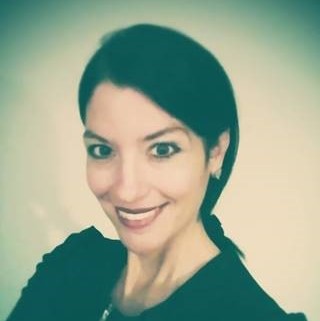
Meet Stephanie: Director, Regulatory & Access
Stephanie is leading a team and providing regulatory consulting for a variety of medical device clients. In this interview, Stephanie talks about her role, the projects she works on, and her passion for helping clients address unmet medical needs.
-
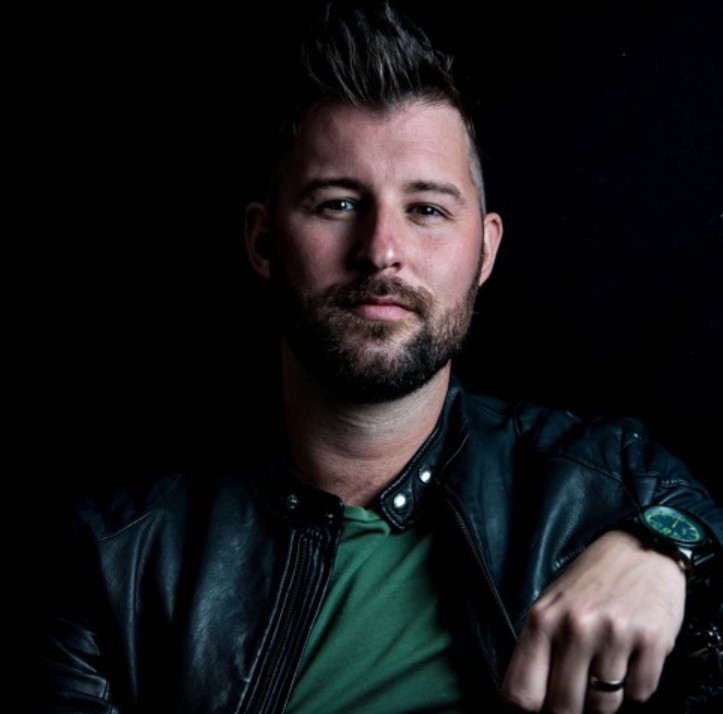
Meet Ben: Senior Regulatory Affairs Consultant
Ben provides and insight into his role as a regulatory affairs consultant. He also talks openly about being part of the LGBTQ+ community and how Parexel's flexible work arrangements help him as a single father.
-
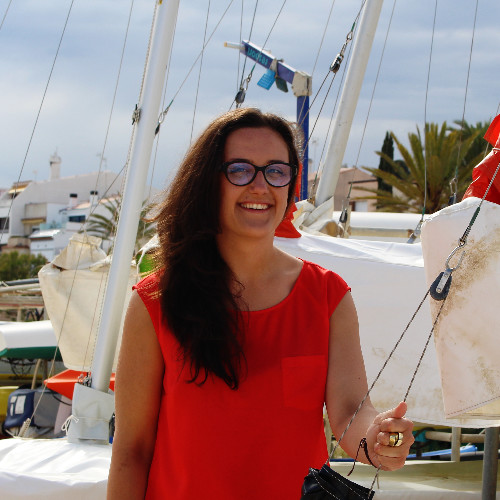
Meet Simona: Principal Consultant, Regulatory & Access
Simona shares how Parexel has supported her career development, the day-to-day activities of being a Principal Consultant at R&A, and much more!
